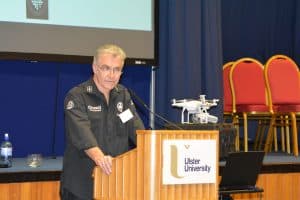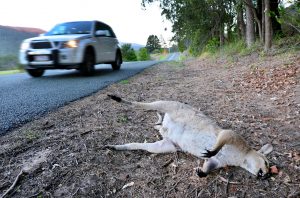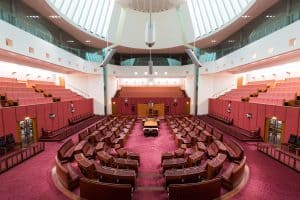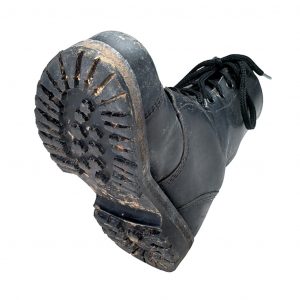 The primary occupational health and safety (OHS) duty rests with employers or, as they are known in most Australian jurisdictions, Persons Conducting a Business or Undertaking (PCBU). Laws are based on an assumption that employers are aware of this duty and that this duty, to provide a safe and healthy work environment without risks to health, reflects the employer’s social position and social responsibility or the company’s “social licence“. But there have always been employers who do not care and who see employees only as units of labour and who believe that “if you don’t like working here, there’s the door”. It is time for a reboot.
The primary occupational health and safety (OHS) duty rests with employers or, as they are known in most Australian jurisdictions, Persons Conducting a Business or Undertaking (PCBU). Laws are based on an assumption that employers are aware of this duty and that this duty, to provide a safe and healthy work environment without risks to health, reflects the employer’s social position and social responsibility or the company’s “social licence“. But there have always been employers who do not care and who see employees only as units of labour and who believe that “if you don’t like working here, there’s the door”. It is time for a reboot.
Many Western countries are beginning to review their OHS laws in light of the changing nature of work but these reviews continue to be based on the assumption that employers care even though the emergence of the gig economy and the new


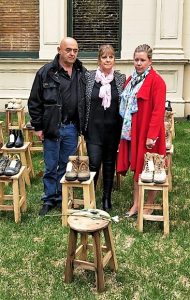
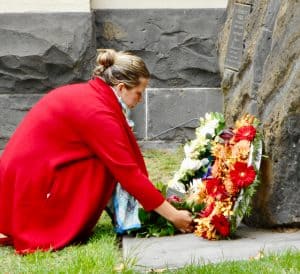 The Melbourne ceremony for
The Melbourne ceremony for 